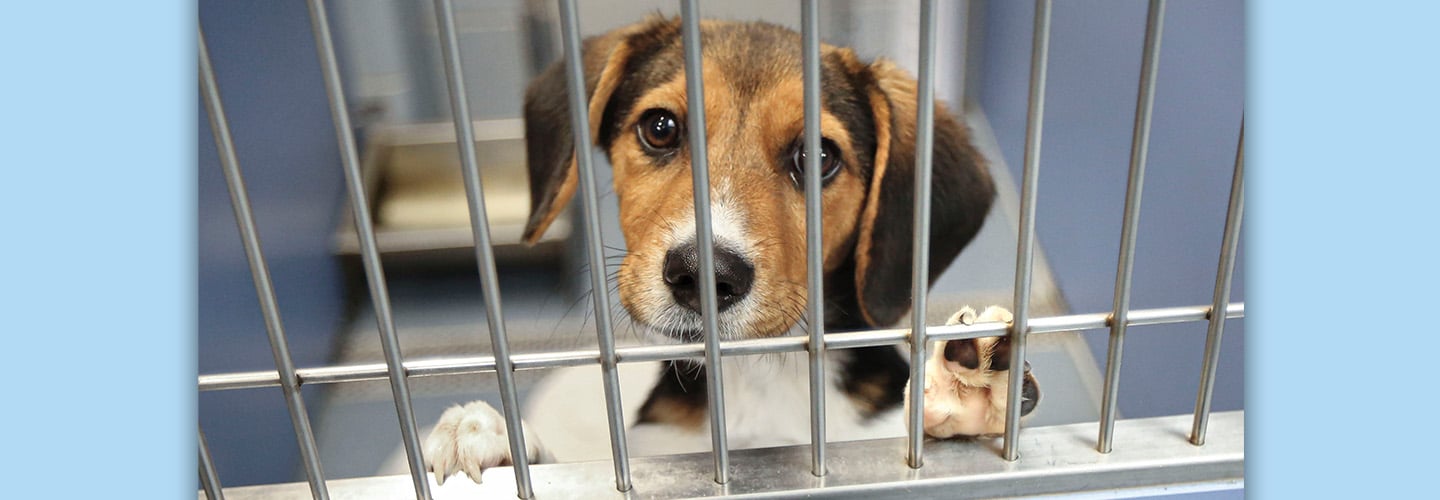A new law could help shelter pets in New York find forever homes. Starting December 15, pet stores in the state will no longer be allowed to sell dogs, cats, or rabbits. Instead, the law encourages pet shops to team up with shelters to host adoption events.
Seven other states, including California, Illinois, and Maryland, also have laws that restrict pet shops from selling certain animals. More than 475 towns and cities across the U.S. have similar laws. These laws are often meant to help more shelter pets find homes.
“There are not enough adoptions happening at shelters and rescues,” says Lindsay Hamrick. She works at the Humane Society of the United States. The organization helps protect animals.
A new law could help shelter pets in New York find homes. Starting December 15, pet stores in the state won’t be allowed to sell dogs, cats, or rabbits. Instead, the law pushes them to team up with animal shelters. Together, they’ll host adoption events.
Seven other states have laws that restrict pet shops from selling certain animals. These include California, Illinois, and Maryland. More than 475 towns and cities in the U.S. have similar laws. These laws try to help more shelter pets find homes.
“There are not enough adoptions happening at shelters and rescues,” says Lindsay Hamrick. She works at the Humane Society of the United States. The group helps protect animals.

